Committees
The workshop is organised by the team of researchers that is listed on this page.
Organisation Team
Dr Alessandra Rossi

Alessandra is Assistant Professor at the University of Naples “Federico II”, Italy. Her PhD thesis was part of the Marie Sklodowska-Curie Research ETN SECURE project at the University of Hertfordshire (UK). She is also a Visiting Lecturer at University of Hertfordshire. Her research interests include Human–(Multi) Robot Interaction, social robotics, trust, XAI, multi-agent systems and user profiling. Alessandra is co-PI of the AFOSR ERROR project, Project Manager of Marie Sklodowska-Curie Research ETN PERSEO, and involved in the scientific coordination of several national and international projects. She has been Publicity chair at IEEE RO-MAN 2022 and 2023, Virtual Organizing Chair of IEEE RO-MAN 2021, Registration Chair and Social Media Responsible for IEEE RO-MAN 2020. Alessandra is currently Special Session Chair at IEEE RO-MAN 2024, and she is Exec member of the RoboCup Humanoid League since 2022. Alessandra has great experience in organising scientific events has main organiser and in collaboration with her peers, some examples are the workshops SCRITA at RO-MAN 2018-2023, workshop TRAITS at HRI 2021 and 2022, special sessions at RO-MAN 2019, 2020, 2021 and 2022, special issues at the Interaction Studies (IS), International Journal of Social Robotics (IJSR), and Paladyn Journal of Behavioral Robotics.
Dr Patrick Holthaus
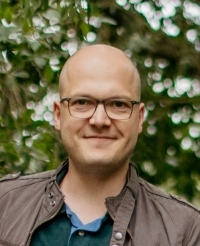
Patrick is a Senior Research Fellow in the Robotics Research Group at the University of Hertfordshire (UK). His research focus is social robotics, including a robot's nonverbal robot signalling, social credibility, and trust in assistive robots. As manager of the Robot House, a unique facility for human-robot interaction, he brings together real-world applications and fundamental robotics research. Patrick is currently a CoI of the Horizon Europe project Soft Wearable Assistive Garments for Human Empowerment (SWAG) and the EPSRC Network+ project Tackling Frailty - Facilitating the Emergence of Healthcare Robots from Labs into Service (EMERGENCE). Previously, he has been a CoI of the UKRI TAS hub's pump priming project Kaspar explains and the AAIP-funded feasibility project Assuring safety and social credibility. Patrick is experienced in conference organisation, having been general chair, programme chair, publication chair, co-organizer of nine international workshops, frequent session chair, and co-organiser of several special sessions. He is further experienced in editing and reviewing in his role as associate editor of three international journals, having co-edited more than five special issues and reviewed over 90 conference and journal articles.
Dr Gabriella Lakatos
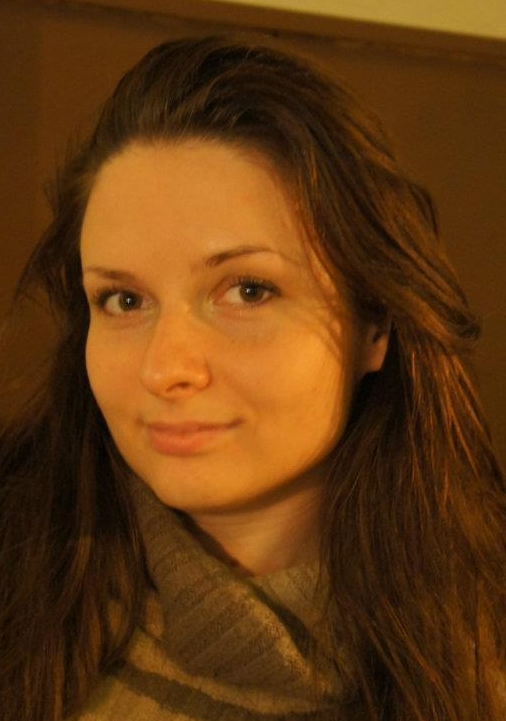
Gabriella is a Senior Lecturer at the School of Physics, Engineering and Computer Science at the University of Hertfordshire. She completed her PhD in the field of Ethology at the Eotvos Lorand University, Hungary, after which she transferred her skills to the field of Etho-robotics and Human-Robot Interactions (HRI). Her research interests include HRI and robot-assisted therapy. She has expertise in the development of socially acceptable companion robots through the design of biologically inspired credible social behaviour as well as in experimentally evaluating user acceptance. Her experience was gained in European projects such as LIREC and BabyRobot, in addition to the EPSRC funded project Trustworthy Robotic Assistants. More recently, she has been CoI of the UKRI TAS hub's pump priming project Kaspar explains and the Baily Thomas Charitable Fund supported project Kaspar for speech and language therapy. She is currently a CoI of EPSRC Network+ project Tackling Frailty - Facilitating the Emergence of Healthcare Robots from Labs into Service (EMERGENCE). Gabriella has extensive reviewer experience, reviewing scientific papers for several peer-reviewed journals such as PLOS One, International Journal of Social Robotics, Interface, International Journal of Advanced Robotic Systems, Interaction Studies, Ethology, Animal Cognition, Animal Behaviour and Behavioural Processes among others. She was co-organiser of the previous iterations of this workshop at the RO-MAN's 2021-2023 conferences and a guest editor of special issues on the same topic for the International Journal of Social Robotics (IJSR).
Sílvia Moros

Sílvia is a Lecturer at the School of Physics, Engineering and Computer Science at the University of Hertfordshire (UK). She completed her master’s in Robotics and Automation at the Universidad Carlos III in Madrid, Spain, and is currently pursuing a master in Neuropsychology at the Universitat Oberta de Catalunya, Spain. Her research interests include mainly HRI, social robotics and neuroscience. She was co-organiser of the previous iterations of this workshop at the RO-MAN's 2018-2023 conferences and a guest editor of special issues on the same topic for Interaction Studies (IS), at the International Journal of Social Robotics (IJSR), and Paladyn, Journal of Behavioral Robotics (PJBR).
Ali Fallahi

Ali is a full time PhD student at the School of Physics, Engineering and Computer Science at the University of Hertfordshire (UK). His research focuses on human-robot interaction (HRI), with the objective of trust between robots and humans.
Dr Murat Kirtay
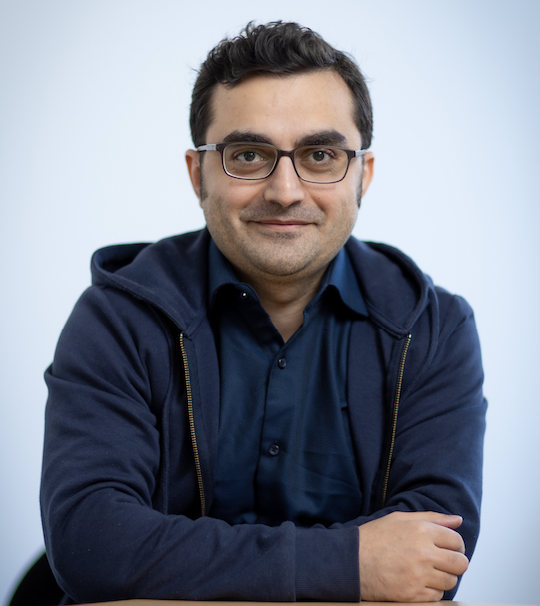
Assist. Prof. Murat Kirtay received a Ph.D. in BioRobotics from the BioRobotics Institute of the Scuola Superiore Sant’Anna. He was a postdoctoral researcher at Adaptive Systems Group at Humboldt-Universitat zu Berlin in Germany, where he conducted interdisciplinary research at the intersection of robotics, neuroscience, and psychology. He is currently an assistant professor at the Department of Cognitive Science and AI at Tilburg University. He co-directs AI for Robotics Laboratory (AIR-LAB).
Prof. Dr Marie Postma
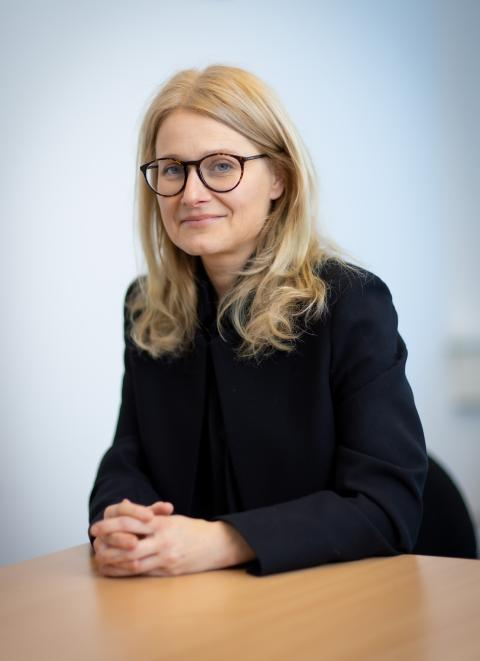
Prof. Marie Postma obtained her PhD from the Institute of Logic, Language, and Computation at the University of Amsterdam with her dissertation focusing on modal-logic models of human communication. In her current research, she further explores the link between perception and attention in human-AI interaction, using behavioral and neurophysiological measurements. She is currently leading a project on developing human-swarm teaming in fast-response scenarios.
Prof. Dr Erhan Oztop
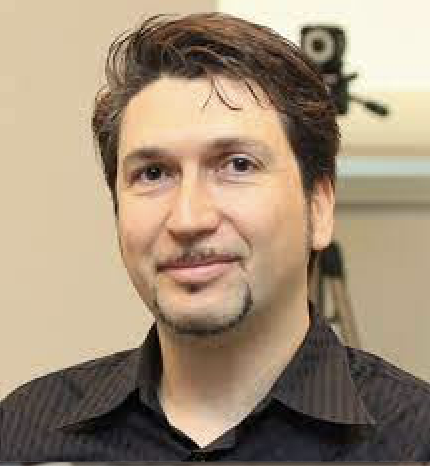
Prof. Erhan Oztop earned his Ph.D. at the University of Southern California in 2002. In the same year, he joined the Computational Neuroscience Laboratories at the Advanced Telecommunications Research Institute International (ATR) in Japan. There, he worked as a researcher and later a senior research and group leader where he also served as vice department head for two research groups and held a visiting associate professor position at Osaka University (2002-2011). Currently, he is a specially appointed professor at Osaka University in the Symbiotic Intelligent Systems Research Center (SISREC) of the Institute for Open and Transdisciplinary Research Initiatives (OTRI) and a professor at the Department of Artificial Intelligence and Data Engineering at Ozyegin University, Istanbul.